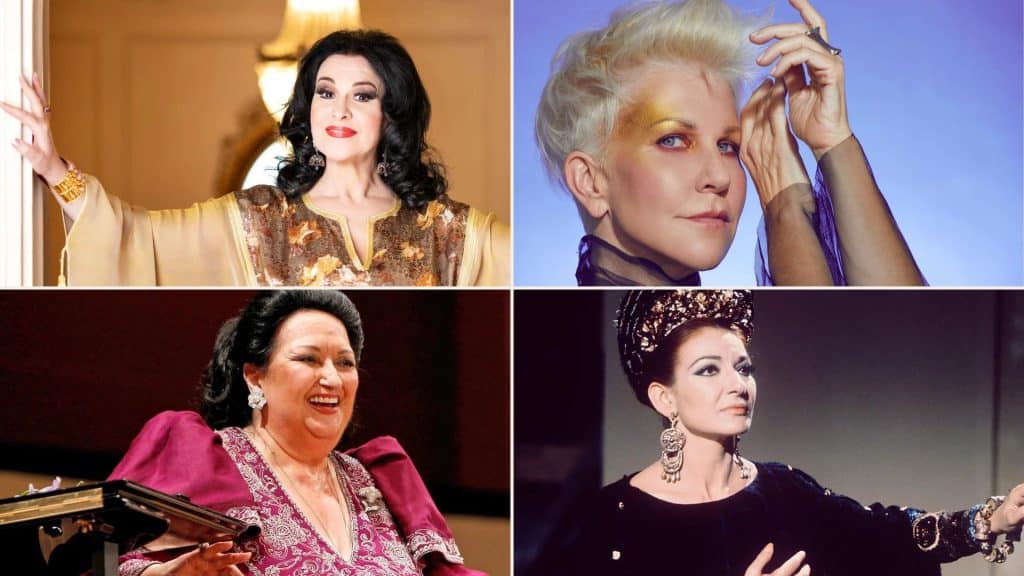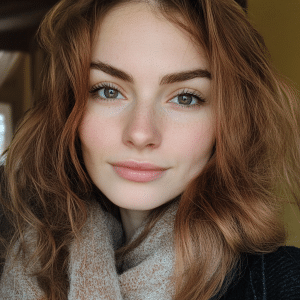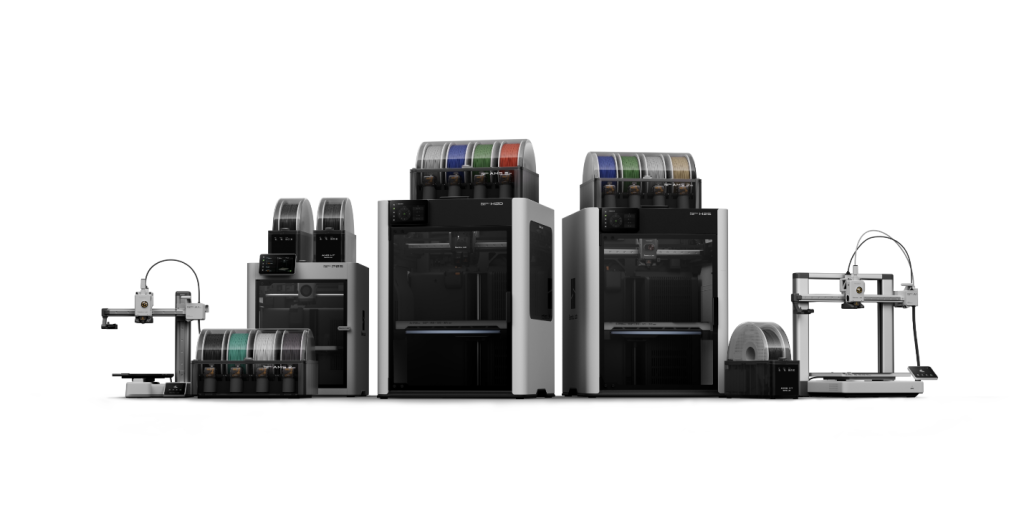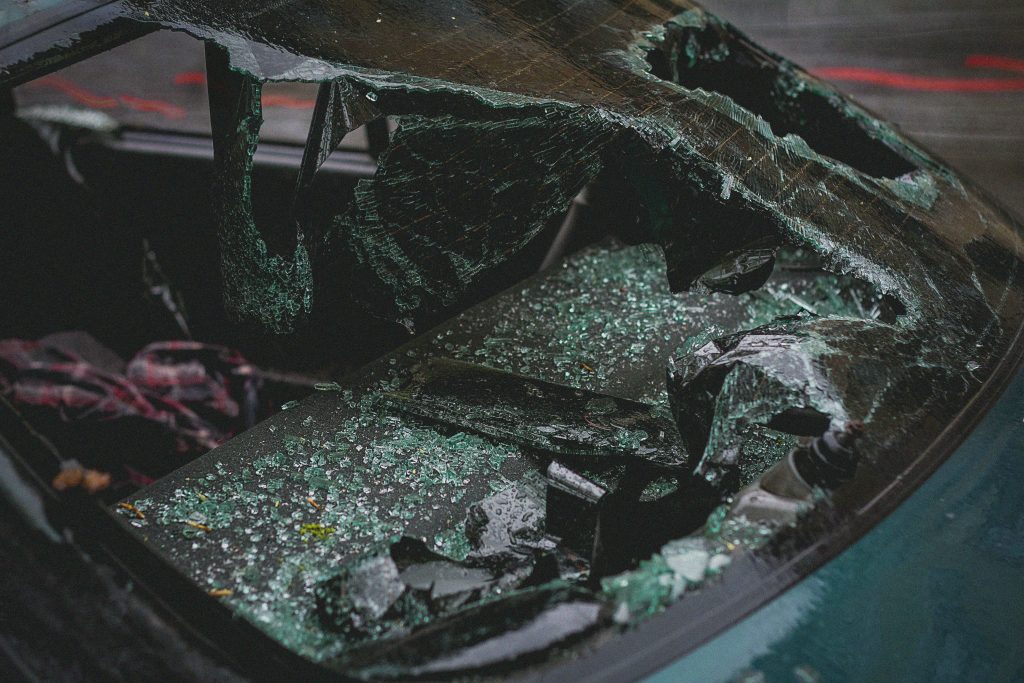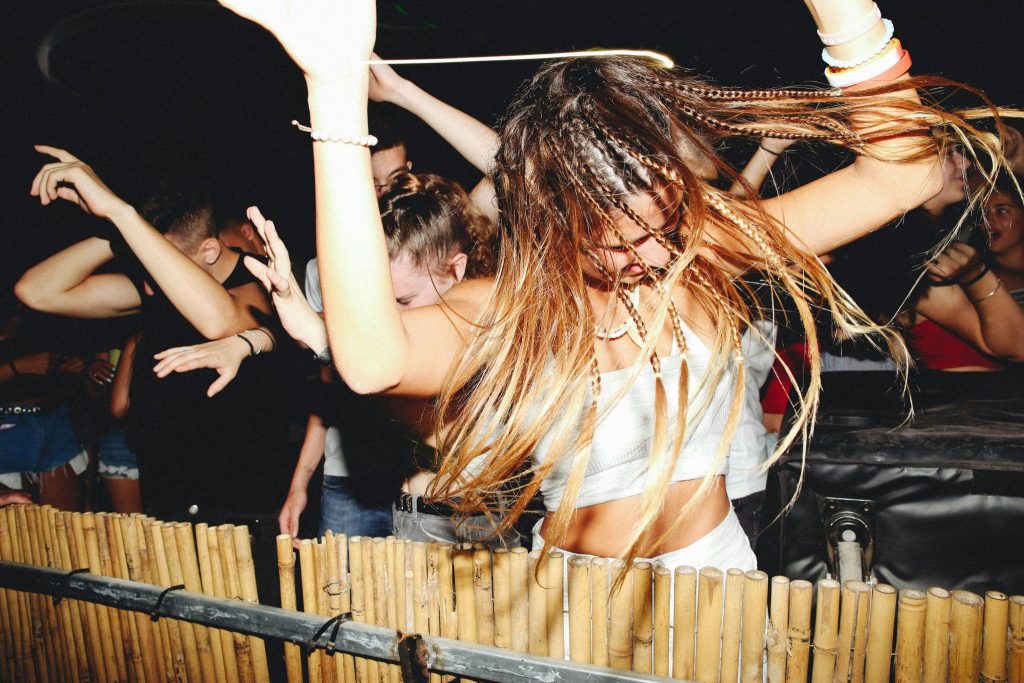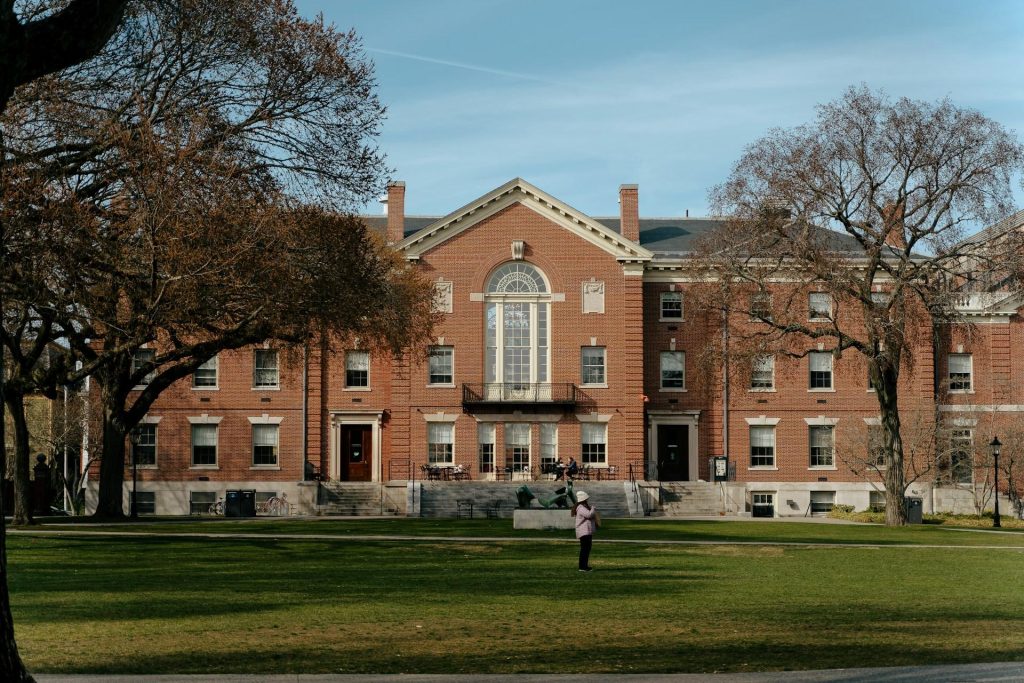Given the wealth of talent in this vocal category, opera lovers often struggle to find a definitive list of the greatest mezzo-sopranos.
With so many outstanding performers throughout history, it can be challenging to determine who truly stands out. This article aims to solve that dilemma by presenting a carefully curated list of the top 10 mezzo-soprano singers of all time.
We’ll explore these exceptional artists’ careers, vocal qualities, and lasting impact, providing insight into what makes them special.
From their ability to bring complex characters to life to their mastery of diverse repertoires, you’ll discover why these singers have earned their place among the elite.
Get ready to be amazed by these remarkable mezzo-sopranos’ talent, versatility, and artistry.
Greatest Mezzo-Soprano Singers of All Time
1. Maria Callas (1923-1977)
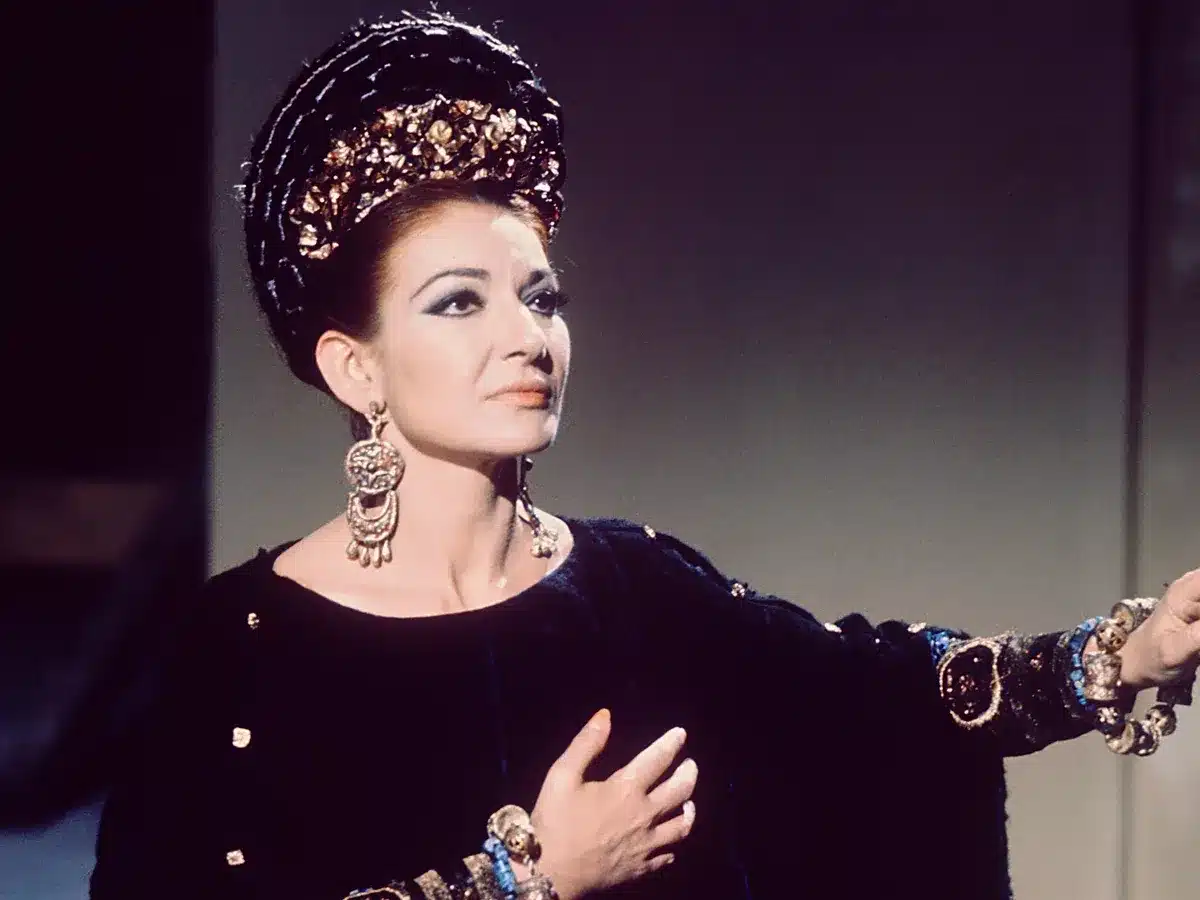
Maria Callas remains one of the most celebrated mezzo-sopranos in opera history. Her remarkable acting skills and commanding lower register reshaped the world of opera performance.
Callas was renowned for her ability to infuse her roles with profound depth through her acting. Her voice, particularly her rich lower range, brought a distinctive quality to her performances.
She possessed a unique timbre that was instantly recognizable, combining warmth and intensity in a way that captivated audiences worldwide.
Callas exhibited exceptional vocal skills and dramatic talent in iconic roles like Tosca and La Gioconda.
Her Tosca was praised for its emotional depth, while her La Gioconda showcased her impressive range and interpretation.
Her debut at La Scala in 1950 marked the start of an illustrious career. Her 1952 performance in ‘Norma’ at Covent Garden solidified her position as a leading soprano.
Callas’s commitment to her craft was evident in her thorough preparation and rehearsal process. This dedication and her capacity to express deep emotions set new standards for opera singers.
Beyond her well-known roles, Callas also excelled in less frequently performed operas.
Her performances in Cherubini’s Medea and Bellini’s Il Pirata demonstrated her versatility and willingness to explore challenging repertoire.
These roles allowed her to showcase her vocal abilities and skill in bringing complex characters to life.
Her groundbreaking approach and unwavering commitment continue to motivate generations of singers.
Numerous contemporary mezzo-sopranos acknowledge her significant influence on their artistic journeys, citing her as a vocal excellence and dramatic interpretation model.
2. Jessye Norman (1945-2019)
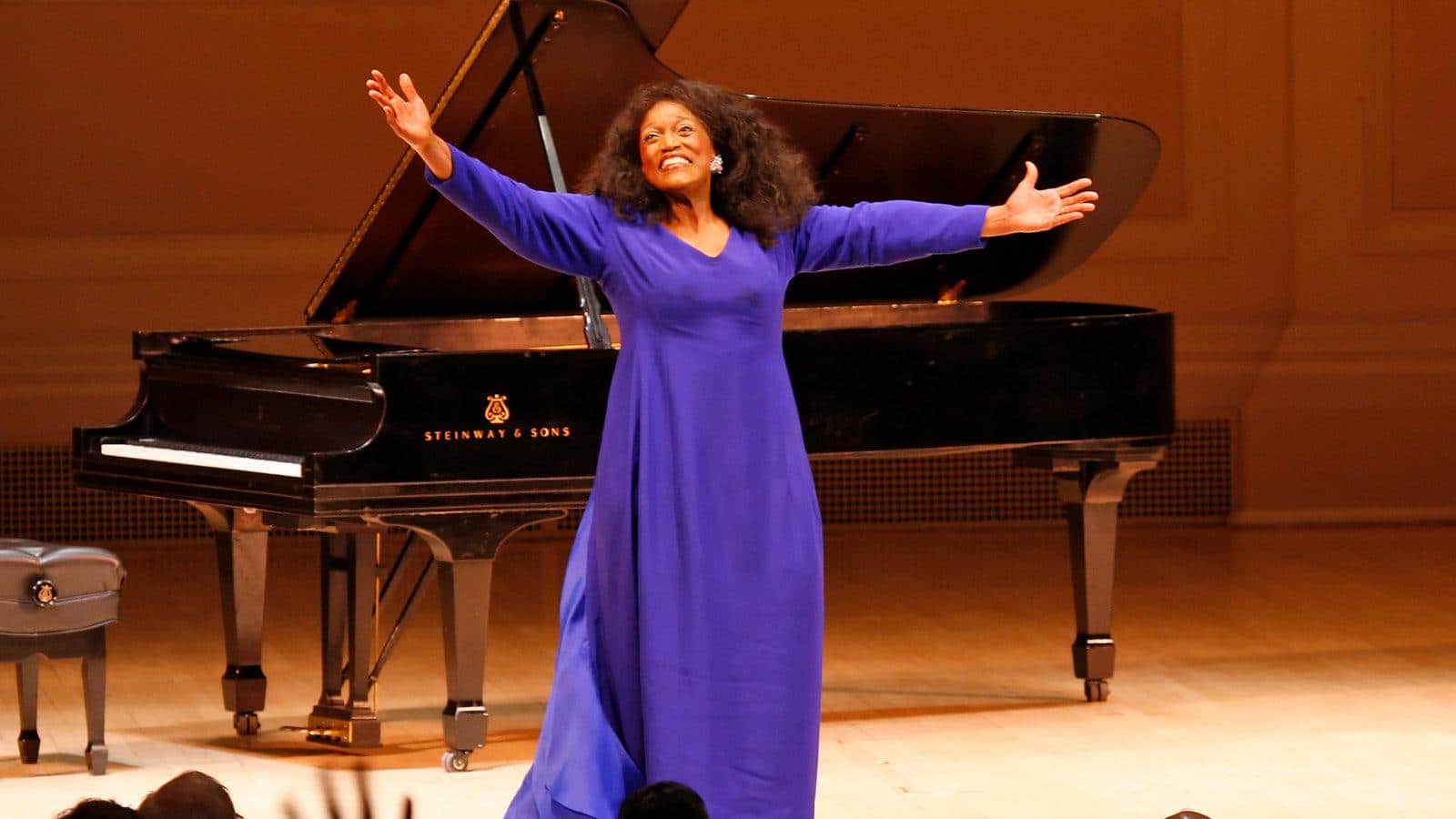
Jessye Norman was a remarkable figure in opera, known for her powerful soprano voice and groundbreaking contributions to the art form.
Their emotional intensity and technical excellence characterized her performances.
Norman’s voice was celebrated for its richness and versatility, particularly in dramatic roles. She excelled in Wagner’s operas, with notable performances as Elisabeth in Tannhäuser and Sieglinde in Die Walküre.
Her interpretations of Richard Strauss and Mozart also showcased her impressive range and depth.
Her career began with a debut at the Deutsche Oper Berlin in 1969, leading to frequent appearances at world-renowned venues like La Scala and the Metropolitan Opera.
Norman’s talent transcended the opera stage, as evidenced by her performances at the 1996 Summer Olympics opening ceremony and President Bill Clinton’s second inauguration in 1997.
As one of the few Black opera singers to achieve global recognition, Norman played a crucial role in breaking down racial barriers in classical music.
She used her platform to advocate for arts education and civil rights, facing and overcoming challenges related to representation in her field.
Her unwavering commitment to artistic excellence and social causes defines Norman’s legacy.
Her performances set a new standard for dramatic soprano roles, inspiring future generations of singers with her powerful voice and compelling stage presence.
3. Cecilia Bartoli (1966-)
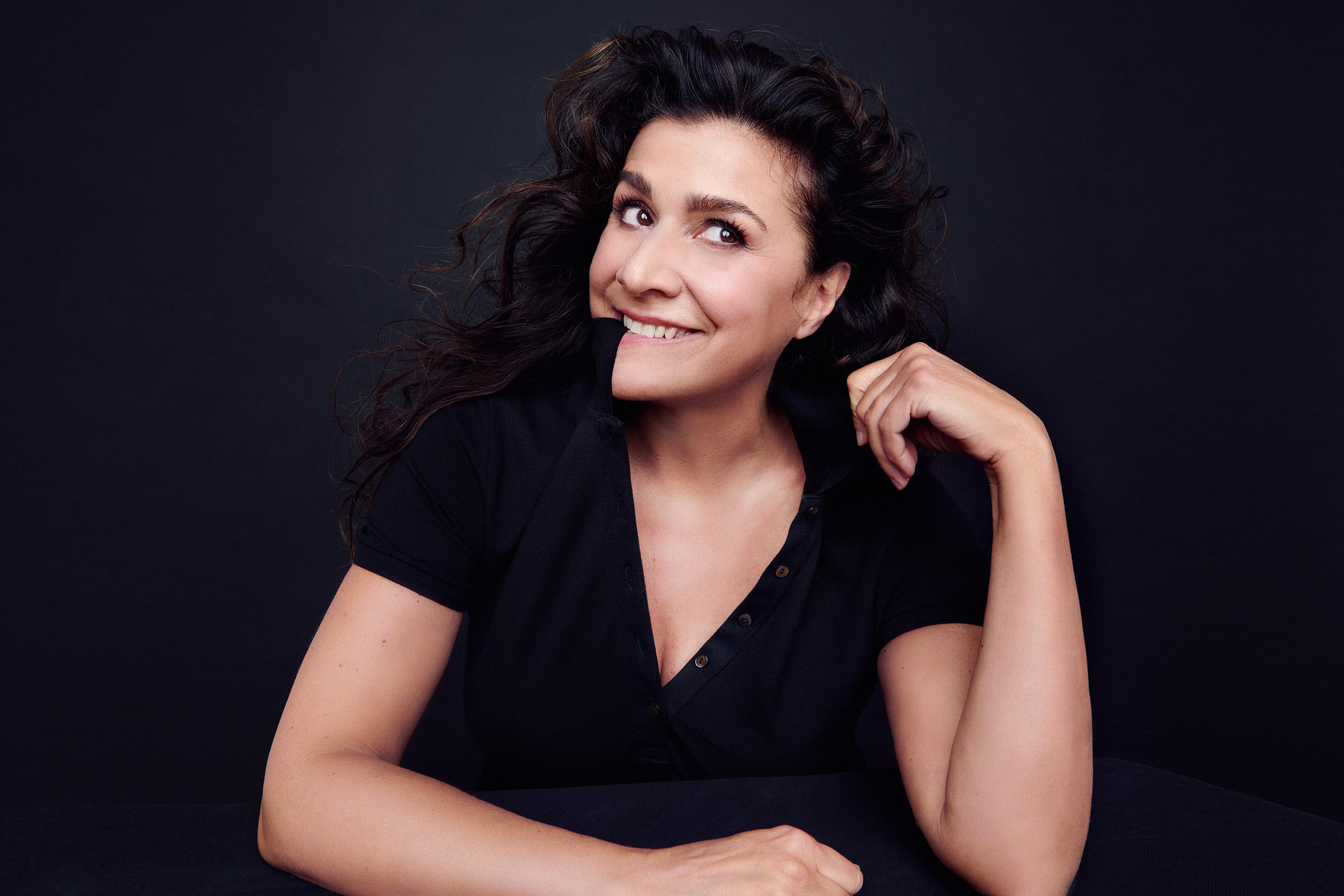
Cecilia Bartoli is a standout performer in the opera world, known for her remarkable ability to excel in both soprano and mezzo-soprano roles.
Her contributions to Baroque music, particularly operas by Vivaldi, have been bolstered by her in-depth exploration of historical performance practices.
Bartoli’s vocal prowess is characterized by warmth, agility, and expressiveness. She has gained particular recognition for her renditions of early music, including works by Handel, Gluck, and Vivaldi.
Her performances in Vivaldi’s operas have become a hallmark of her career, showcasing her expertise in Baroque repertoire.
Beginning her professional journey at 19, Bartoli swiftly gained fame for her distinctive voice and energetic performances.
She has graced the stages of renowned venues such as the Royal Opera House, La Scala, and the Metropolitan Opera.
Bartoli’s commitment to reviving forgotten Baroque and Classical pieces has led to numerous acclaimed recording projects.
Her “Maria” project, which delves into the life and music of Maria Malibran, exemplifies her dedication to historical accuracy in performance.
Her achievements include multiple Grammy Awards and Classical BRIT Awards. As Artistic Director of the Salzburg Whitsun Festival, Bartoli has curated programs that blend innovation with historical authenticity.
Bartoli’s influence extends beyond her performances. She has been instrumental in the resurgence of Baroque opera, shaping contemporary performance practices.
Additionally, she has mentored young artists, passing on her knowledge of historical techniques and performance styles.
4. Joyce DiDonato (1969-)
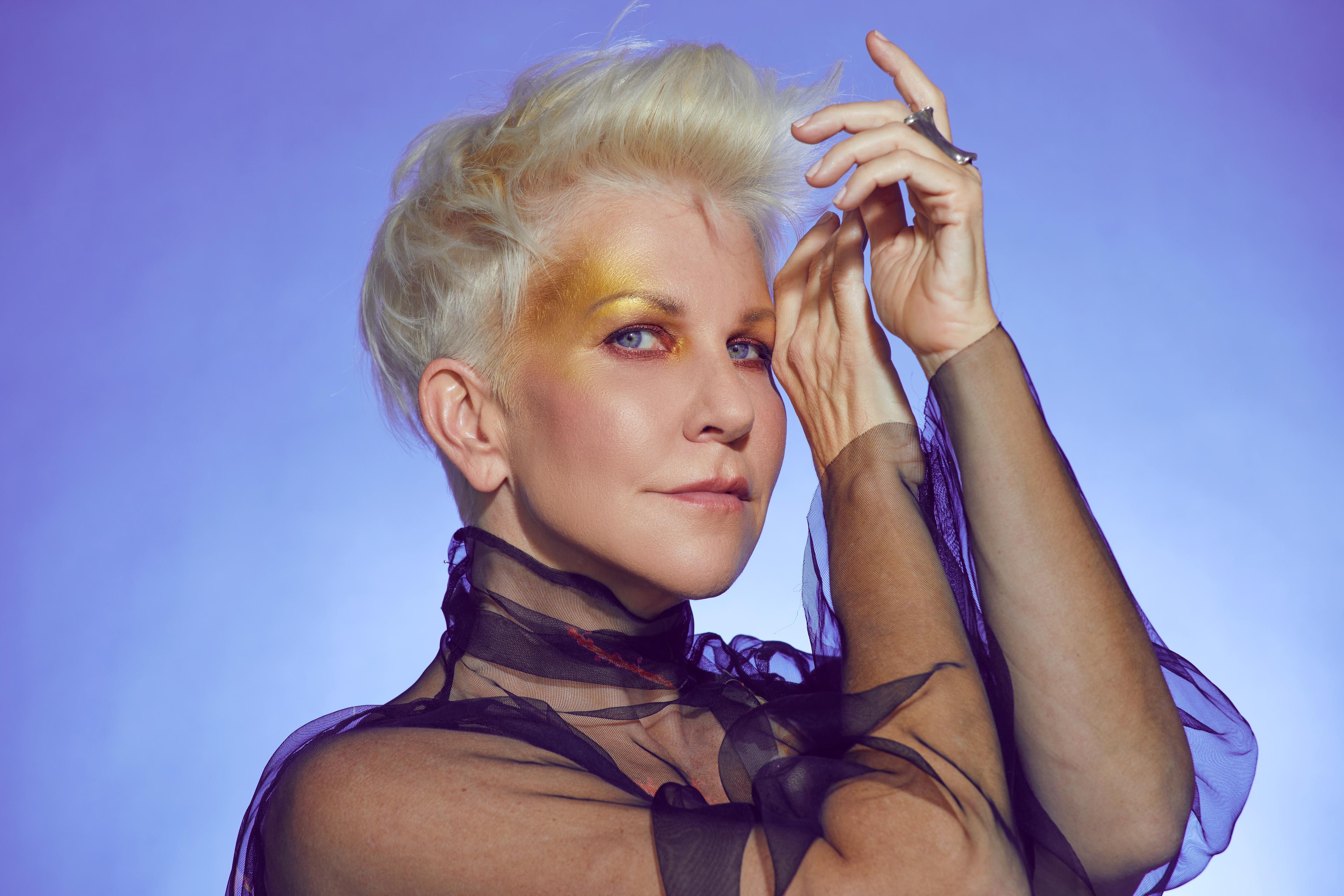
Joyce DiDonato is a highly esteemed figure in the opera world. She is known for her captivating stage presence and remarkable versatility.
Her performances, which span traditional operatic repertoire and classic musicals, have earned her numerous accolades and a global following.
Since her professional debut in 1998, DiDonato has swiftly risen to prominence, performing at prestigious venues like the Metropolitan Opera, Royal Opera House, and La Scala.
Her exceptional talents have been recognized with multiple Grammy Awards and an Olivier Award for Outstanding Achievement in Opera in 2018.
DiDonato’s influence extends beyond her performances. She has been instrumental in reimagining the presentation of classical and contemporary works, pushing the art form’s boundaries.
Her advocacy for arts education and accessibility has inspired a new generation of performers.
Throughout her career, DiDonato has faced challenges with grace and determination.
A notable example is her 2007 performance, where, despite breaking her leg on stage, she continued to perform from a wheelchair, completing the entire run.
This incident exemplifies her unwavering commitment to her craft and her audience.
DiDonato continues to explore new artistic territories, constantly evolving as a performer and inspiring others with her dedication and innovation in opera and beyond.
5. Angela Gheorghiu (1965-)
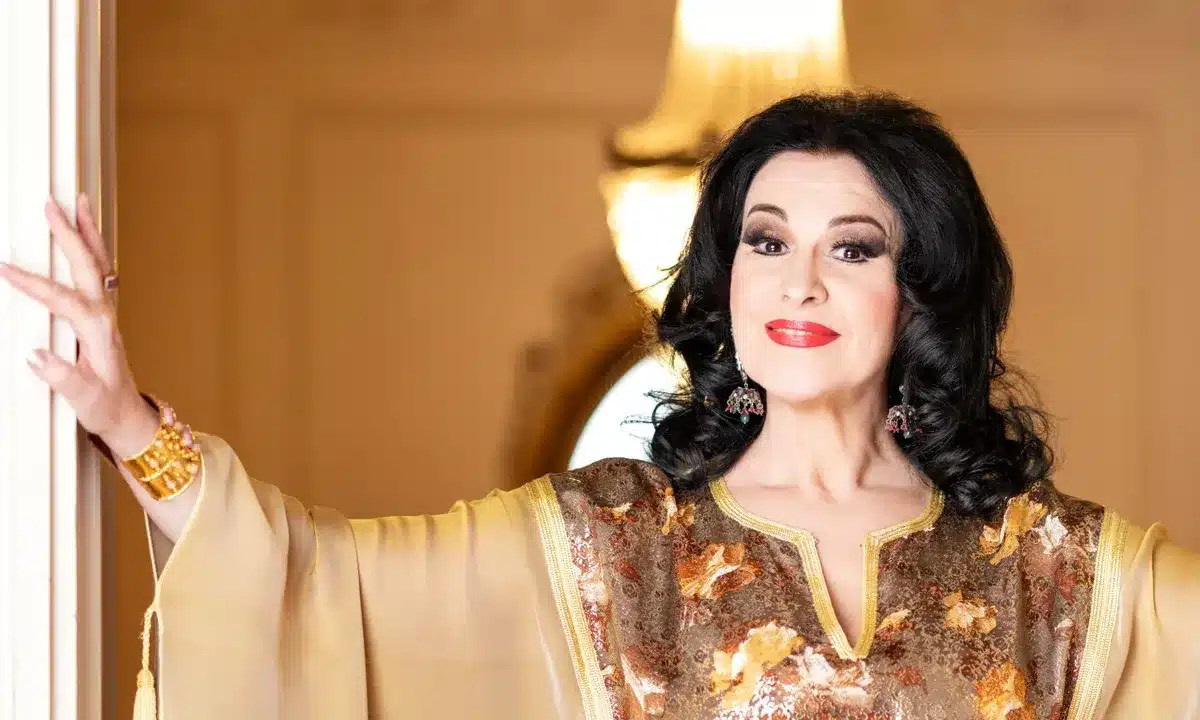
Angela Gheorghiu stands out in the opera world for her mastery of Puccini’s heroines and commanding vocal presence. Gheorghiu’s interpretations of Puccini’s female characters are particularly noteworthy.
Her rich soprano voice brings a unique power to each role, creating unforgettable experiences for opera-goers.
Her portrayal of Violetta in La Traviata is considered iconic, while her performances as Tosca and Mimì in La Bohème further demonstrate her range and affinity for Puccini’s music.
Gheorghiu’s career took flight with her 1992 debut at the Royal Opera House, quickly establishing her as a leading soprano.
She has since graced the stages of prestigious venues like La Scala, the Metropolitan Opera, and the Vienna State Opera.
Her achievements include winning Gramophone’s Artist of the Year and several Classical BRIT Awards.
Gheorghiu’s recordings, especially of Puccini operas, have received critical acclaim, further cementing her reputation in the opera world.
She has attracted new audiences to opera through her captivating stage presence and media appearances. Additionally, she actively mentors young singers, passing on her expertise and passion for the art form.
Throughout her career, Gheorghiu has faced and overcome various challenges while maintaining a high performance standard.
Her collaborations with leading conductors and directors have continually pushed the boundaries of her artistry, contributing to her enduring legacy in the opera world.
6. Montserrat Caballé (1933-2018)
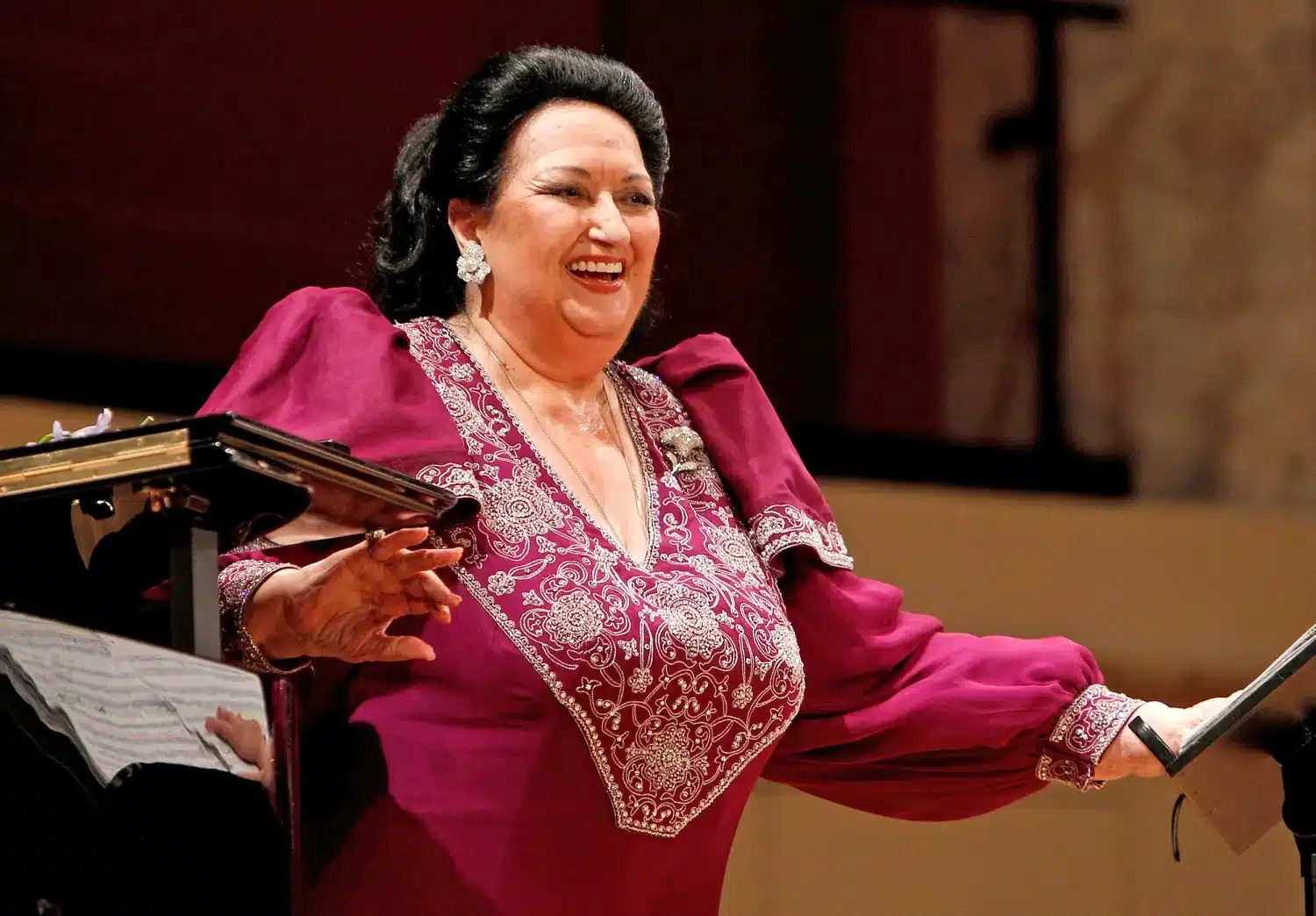
Montserrat Caballé was a towering figure in 20th-century opera, renowned for her exceptional vocal control and versatility.
Her mastery of various operatic styles, from bel canto to Verdi, cemented her status as one of the most respected sopranos of her era.
One of her most notable collaborations was the duet “Barcelona” with Freddie Mercury, which brilliantly merged opera with rock music.
This pioneering partnership demonstrated Caballé’s ability to transcend genres and connect with diverse audiences.
Caballé’s career began in 1956 in Basel, Switzerland, and she quickly gained prominence for her stunning vocal performances.
She graced the stages of renowned opera houses worldwide, including La Scala, the Metropolitan Opera, and the Royal Opera House.
Her achievements include three Grammy Awards, exceptional recordings, and contributions to classical music.
Caballé’s performances in operas such as Norma, Tosca, and La Traviata were particularly acclaimed, showcasing her technical prowess and emotional depth.
As a cultural icon, Caballé was known for her charismatic stage presence and ability to convey profound emotion through her voice. She also dedicated time to mentoring young singers and advocating for the arts, leaving a lasting impact on future generations.
Caballé overcame significant challenges throughout her career, including health issues, while maintaining impressive performance and dedication to her craft.
Although her collaboration with Freddie Mercury was initially met with skepticism, it ultimately became celebrated for its innovation and success.
7. Renée Fleming (1959-)
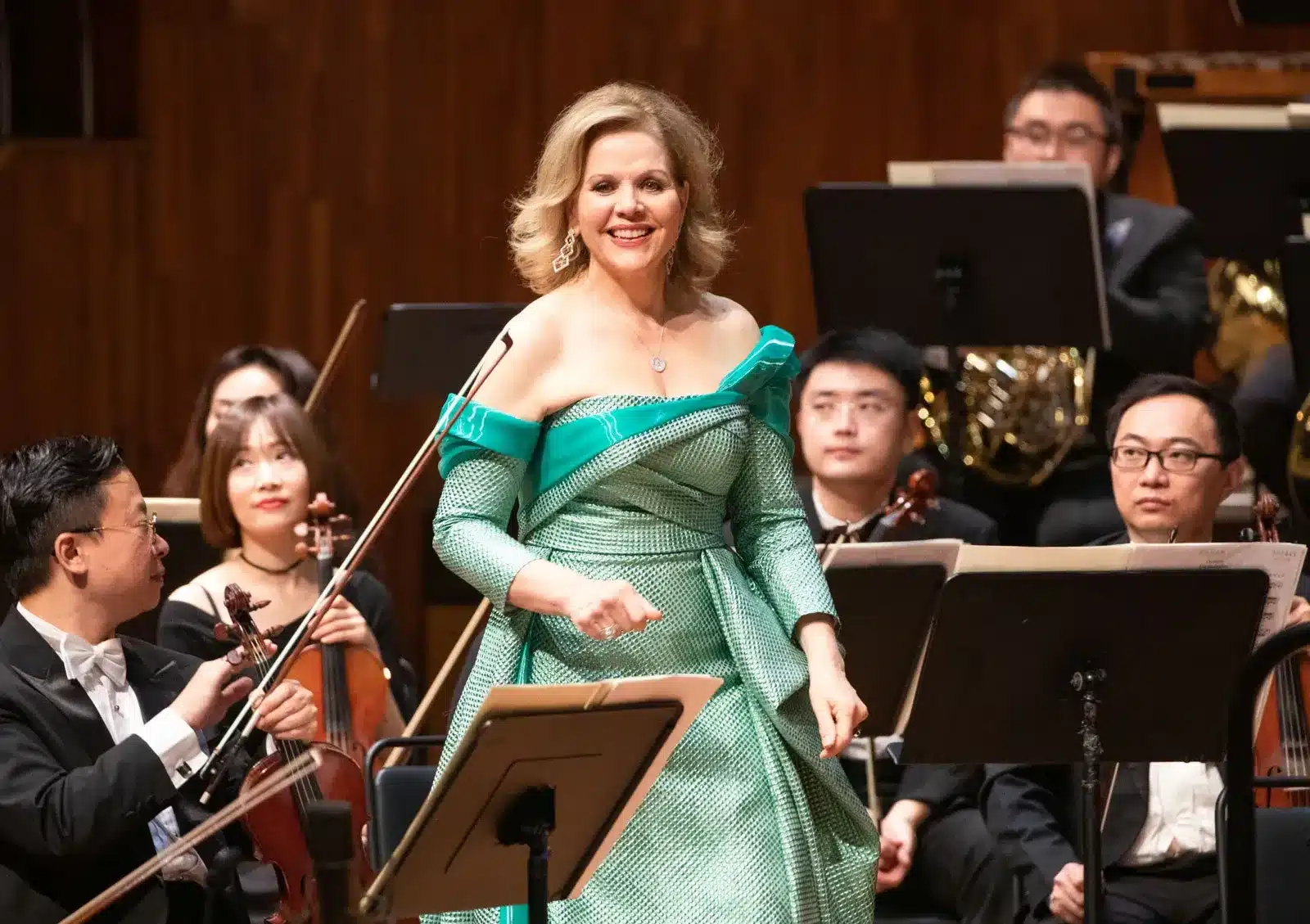
Renée Fleming stands out in music for her exceptional ability to excel across various genres. Her voice, known for its warmth and brilliance, has left a lasting impression on classical music and beyond.
Fleming’s talent shines in opera, jazz, and Broadway performances. Her rendition of the US National Anthem at the 2014 Super Bowl was a landmark moment, introducing opera to a vast audience.
In the opera realm, she has garnered acclaim for her portrayals in works by Mozart, Strauss, and Verdi, with standout roles including the Marschallin in Der Rosenkavalier and Desdemona in Otello.
Fleming’s career took off after her 1986 debut, leading to performances at prestigious venues like the Metropolitan Opera and Covent Garden.
She has also ventured into Broadway and jazz, collaborating with esteemed artists and expanding her musical horizons.
Her achievements include multiple Grammy Awards, the National Medal of Arts, and the Chevalier de la Légion d’Honneur, recognizing her significant contributions to the arts.
Throughout her career, Fleming has shown resilience in facing various challenges while maintaining her artistic standards.
She continues to innovate, engaging with contemporary works and exploring new performance mediums, solidifying her status as a versatile and enduring musical figure.
8. Mirella Freni (1935-2020)
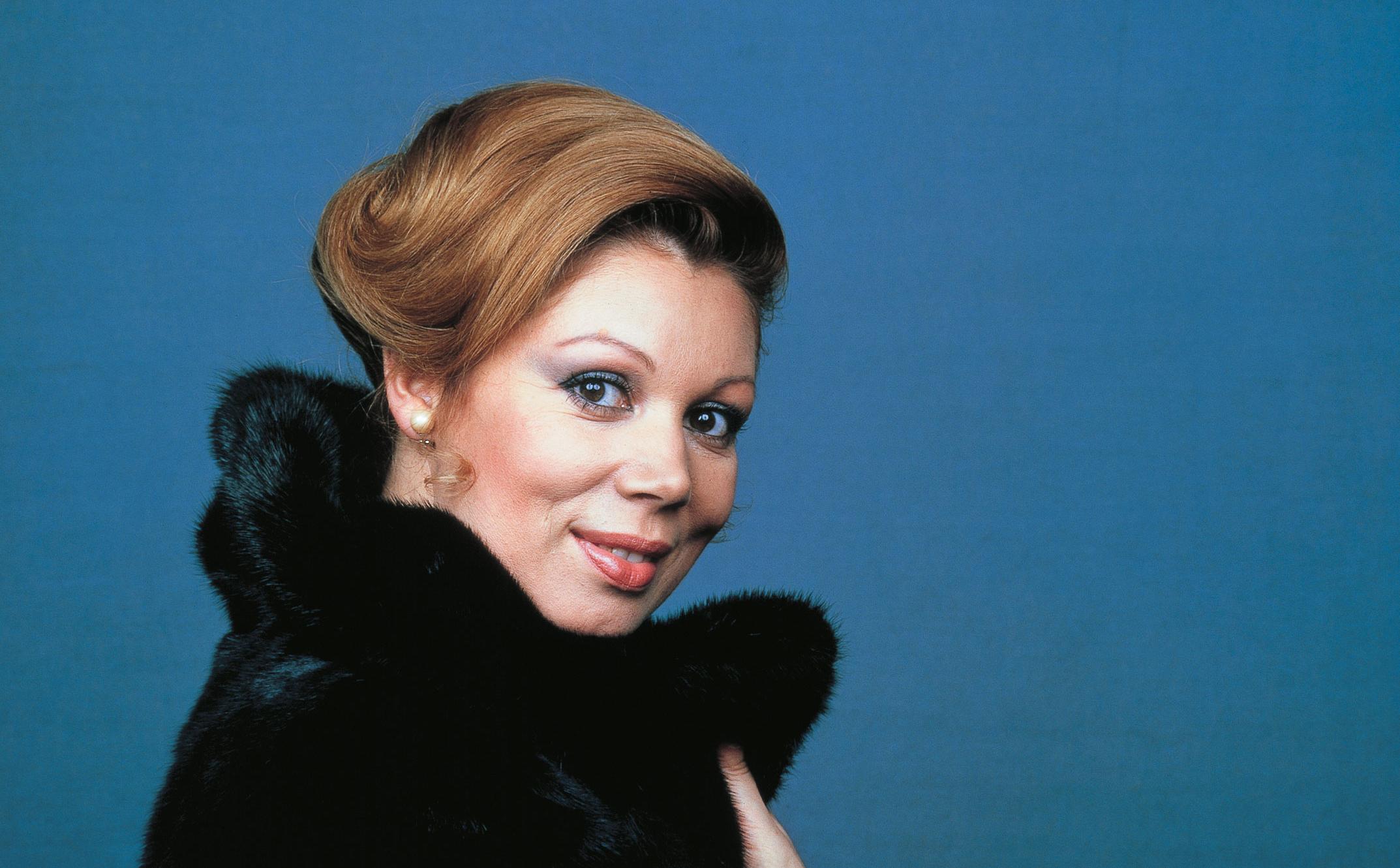
Mirella Freni was a distinguished figure in opera, known for her enduring career spanning over five decades.
Her meticulous approach to vocal health allowed her to perform challenging roles well into her later years, setting a remarkable standard in the opera world.
Freni’s portrayal of Mimì in La bohème became her signature role, praised for its emotional depth and vocal beauty.
She also excelled in other major roles, including performances in Tosca, Madama Butterfly, and Aida, showcasing her versatility and skill.
Her career began with a debut in 1955, and she quickly rose to prominence, becoming a regular performer at prestigious venues like La Scala, the Metropolitan Opera, and the Royal Opera House.
Freni’s achievements include Italy’s highest civilian honor, the Cavaliere di Gran Croce. Critics consistently lauded her vocal technique, interpretative skills, and stage presence throughout her career.
As a mentor, Freni dedicated herself to teaching young singers and passing on her knowledge of vocal technique and stagecraft.
Her compelling performances and approachable personality helped bring new audiences to opera.
Throughout her career, Freni overcame challenges by focusing on her technique and health, ensuring a sustainable career.
She collaborated with leading conductors and directors, contributing to innovative productions and interpretations, leaving a lasting impact on the opera world.
9. Diana Damrau (1971-)
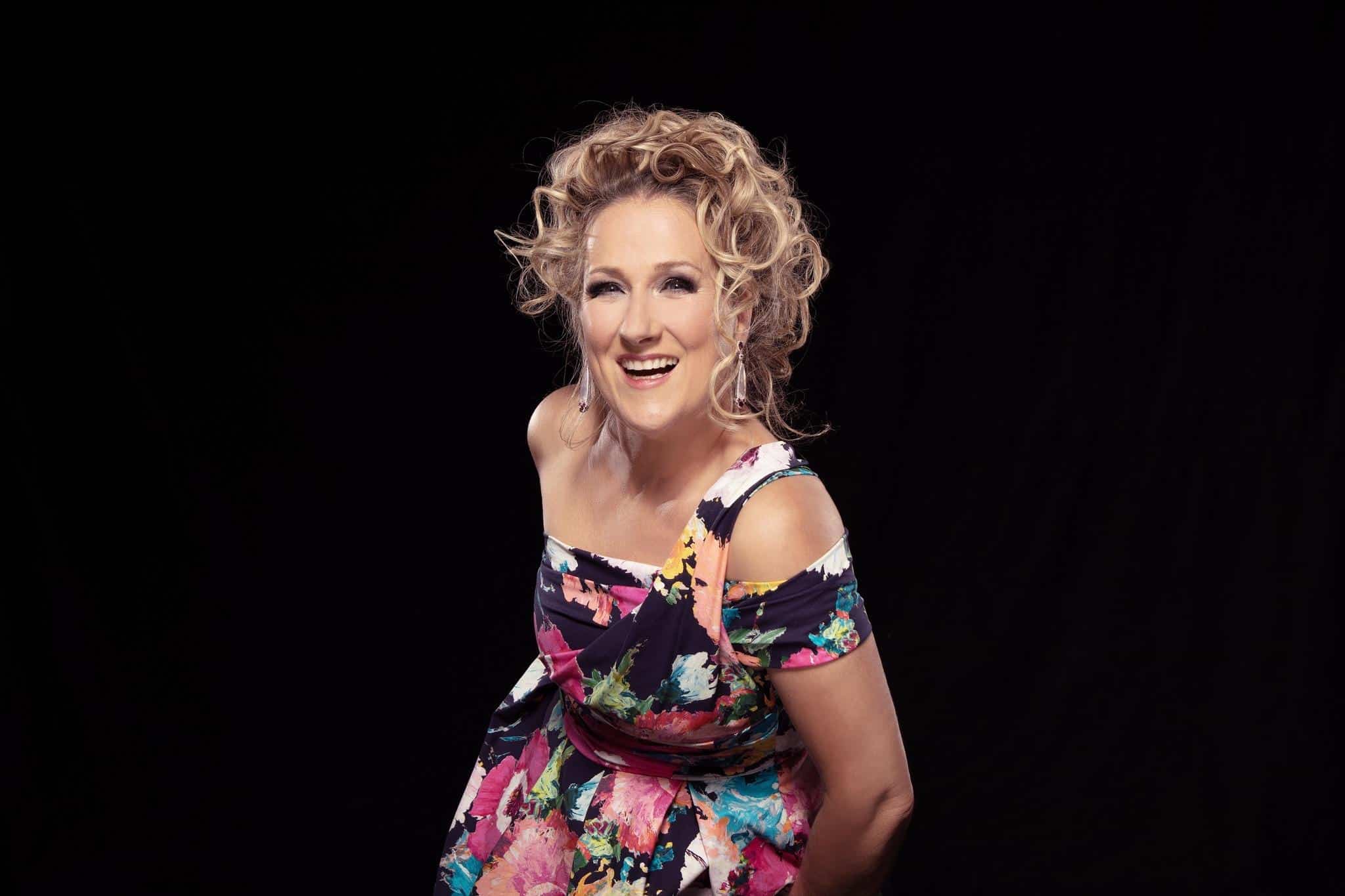
Diana Damrau has established herself as a leading figure in opera, particularly acclaimed for her performances in Mozart and Verdi’s works.
Her vocal strength, agility, and dramatic flair have earned her widespread recognition in opera.
Damrau’s rendition of the Queen of the Night Aria from The Magic Flute is considered one of her most iconic performances, showcasing her exceptional vocal precision and powerful delivery.
She has also received high praise for her portrayals of Violetta in La Traviata and Lucia in Lucia di Lammermoor, demonstrating her versatility and technical mastery.
Since her professional debut in 1995, Damrau has quickly risen to prominence, becoming a regular performer at prestigious venues such as the Metropolitan Opera, La Scala, and the Royal Opera House.
Her achievements include the Bavarian Maximilian Order for Science and Art and the ECHO Klassik Award.
Damrau has also produced critically acclaimed recordings of operatic and concert repertoire, further cementing her reputation in the field.
Throughout her career, Damrau has demonstrated an unwavering commitment to her craft.
She has overcome challenges while continuously exploring new artistic territories and interpretations through collaborations with leading conductors and directors.
10. Christa Ludwig (1928-2021)
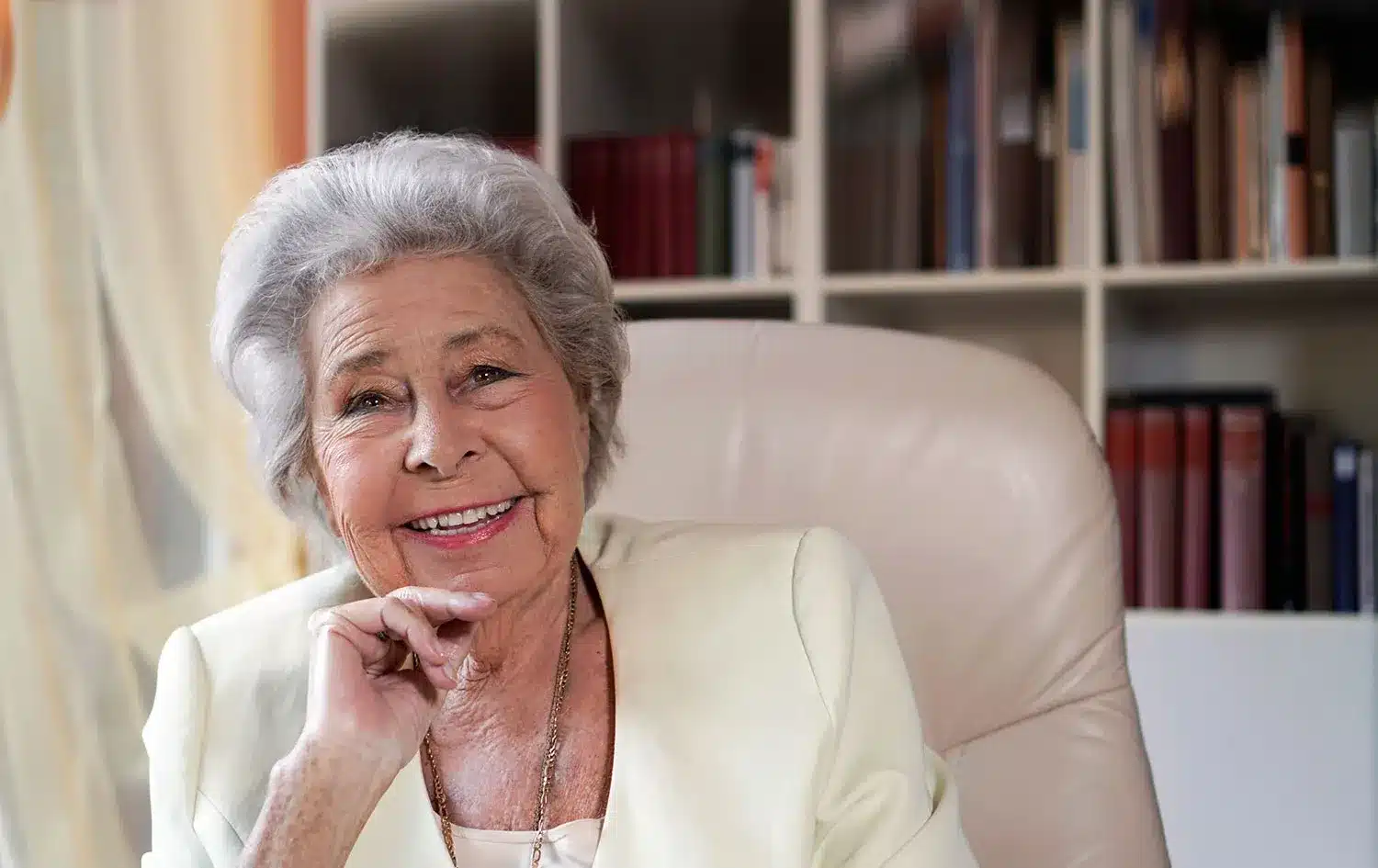
Christa Ludwig was a towering figure in 20th-century opera, renowned for her exceptional performances in Mozart and Wagner’s works.
Her powerful voice and emotional interpretations set her apart as one of the most respected mezzo-sopranos of her era.
Ludwig’s career was marked by numerous accolades, including France’s Legion of Honour, multiple Grammy Awards, and the Bavarian Order of Merit.
These honors reflect her profound impact on classical music and her enduring artistic legacy.
Beginning her operatic journey in 1946 in Frankfurt, Ludwig swiftly rose to prominence. She became a regular performer at prestigious venues such as the Vienna State Opera, the Metropolitan Opera, and the Royal Opera House.
In Mozart’s operas, Ludwig shone as Dorabella in Così fan tutte and Cherubino in The Marriage of Figaro.
Her Wagner repertoire included acclaimed portrayals of Brangäne in Tristan und Isolde and Kundry in Parsifal, showcasing her versatility and depth as a performer.
Ludwig’s ability to convey profound emotion and dramatic intensity influenced generations of mezzo-sopranos.
She dedicated time to teaching and mentoring young singers, passing on her knowledge and passion for opera.
Throughout her career, Ludwig demonstrated remarkable resilience, overcoming challenges, including the difficulties of performing during and after World War II.
Her collaborations with leading conductors and directors allowed her to continually explore new artistic territories, cementing her status as an opera legend.
Conclusion
In conclusion, these ten mezzo-sopranos have left an indelible mark on the opera world with their exceptional vocal talents and beautiful performances.
From Maria Callas’s powerful interpretations to Joyce DiDonato’s versatility, each artist has brought something unique to the stage.
Their contributions have advanced the art form and inspired countless singers and opera enthusiasts.
As we reflect on their careers, it’s clear that their influence extends far beyond their performances, shaping the very landscape of classical music.
Whether you’re a long-time opera fan or new to the genre, exploring the works of these remarkable mezzo-sopranos offers a rich and rewarding experience.
We encourage you to explore their recordings further and, if possible, witness live performances by today’s rising stars who carry forward this grand tradition.
Frequently Asked Questions (FAQs)
What Makes a Mezzo-Soprano Voice Unique?
Mezzo-sopranos have a rich, warm tone that sits between sopranos and contraltos, offering high and low versatility ranges.
Who Is Considered the “queen of Mezzo-Sopranos” and Why?
Christa Ludwig is often called the “Queen of Mezzo-Sopranos” due to her powerful voice, exceptional interpretations of Mozart and Wagner, and her long, influential career spanning five decades.


